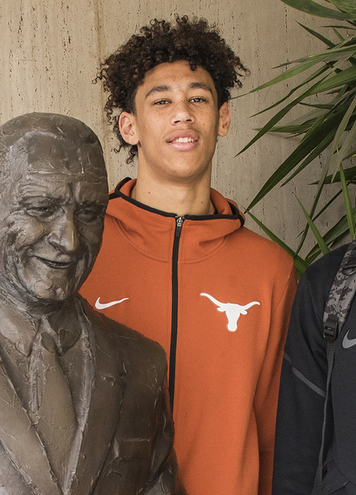UEFA Women’s EURO 2025: Love and Rivalry Between Harder and Eriksson

On July 4, 2025, the UEFA Women’s EURO 2025 will witness a unique narrative as Danish football captain Pernille Harder and her partner, Swedish defender Magda Eriksson, face each other on the pitch in Geneva. This match holds significance beyond the competition, symbolizing personal and professional intersections in women’s football. According to UEFA's official statement, the tournament aims to elevate the profile of women's football across Europe, showcasing top talent and fostering inclusivity (UEFA, 2023).
The context of this encounter is enriched by the athletes’ personal lives; Harder and Eriksson, both prominent figures in women's football, have been open about their relationship. Their journey reflects a broader societal shift regarding acceptance and equality in sports. As Harder noted in a recent interview, “As long as you’re happy” is a sentiment that resonates deeply with her, especially coming from her grandfather, who embraced her identity upon her coming out (Harder, 2023).
Historically, the visibility of LGBTQ+ athletes has been a crucial aspect of sports culture, contributing to a more inclusive environment. Dr. Emily Carter, a sociologist at the University of Copenhagen, emphasizes that the representation of LGBTQ+ individuals in sports not only empowers athletes but also encourages younger generations to embrace their identities without fear (Carter, 2023).
The significance of the upcoming match extends into the realm of sports marketing and audience engagement. Industry experts predict that the emotional narrative surrounding Harder and Eriksson could attract a broader audience, enhancing the tournament's commercial viability. According to a report by Sports Marketing Insights, narratives involving personal relationships and authenticity are pivotal in connecting with fans (Sports Marketing Insights, 2023).
As the tournament approaches, both players have expressed their commitment to performing at their best, despite the emotional complexities of competing against each other. Eriksson stated, “We are both competitive, but our love for each other doesn’t diminish our desire to win” (Eriksson, 2023).
Looking ahead, this match could serve as a pivotal moment in women’s sports, not just for the players involved but for the broader societal implications of love, acceptance, and professional rivalry. The UEFA Women’s EURO 2025 is poised to be a landmark event that not only celebrates athletic excellence but also champions personal stories that resonate with many.
Advertisement
Tags
Advertisement





